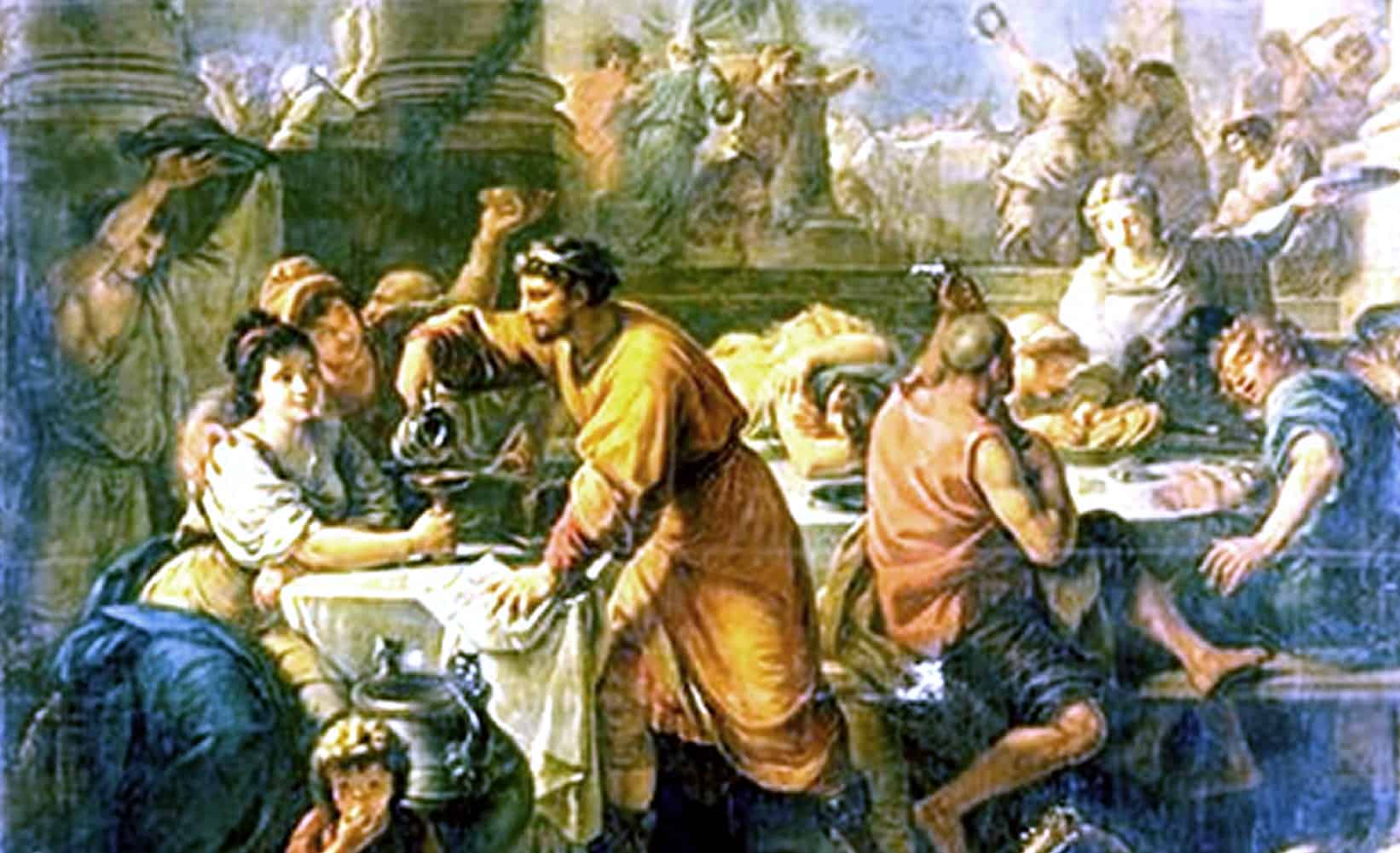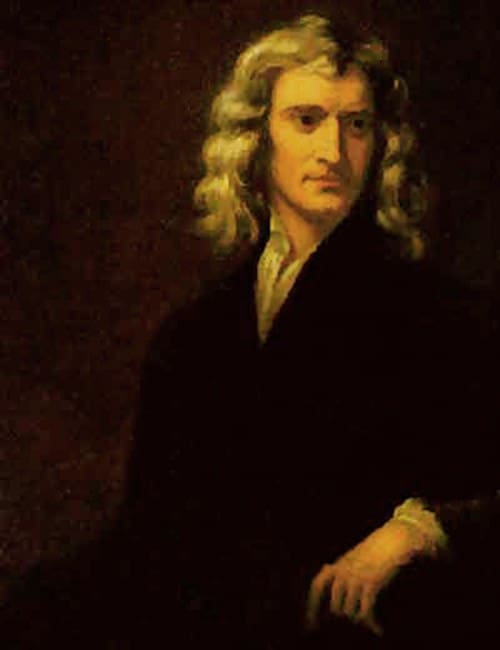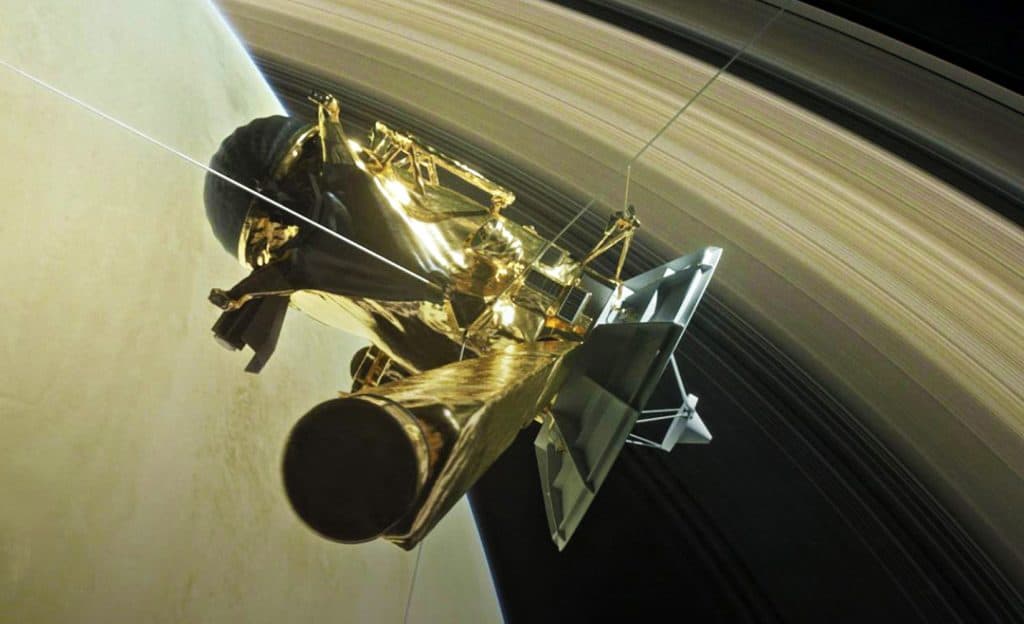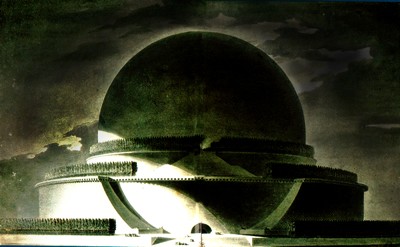A Man’s a Man
A Man’s a Man

Robert Burns statue in Writers Museum Edinburgh
Within the first five seconds we were hooked
We were on the way to work, tuned in to Radio National’s Book Show, a replay of the opening address by Andrew O’Hagan from last year’s Sydney Writers’ Festival .
Sudden fauvist swathes and splashes of bright primary colours, seduced by the promise of intrigue and adventure and of amazing stories.
Andrew O’Hagan: Sydney Writers’ Festival Opening (Excerpt):
Andrew O'Hagan
“ In our house we didn’t have many books, but there was a large yellow kitchen table where my mother sat at the centre of all her evidence.
I grant you she wasn’t the Norton Anthology of Literature, but she knew every song that was ever sung in Glasgow. And my father, when he was there, would appear from his adventures with a crimson face and stories you wouldn’t believe. Except of course I would believe all of them, being sick in the head and the youngest of four.
Between them my parents barely read a book in their lives, but I’ve come to feel there was literature in everything they said. “I had a book once,” my father once told me in a moment of pride. “It was green. Do you remember that book, Nancy? It was up on top of the fridge. Green it was. Stood there for ages. Greeny-coloured.”
“Away ye go ya daft pig,” my mother said. “That was the telephone book, that manky battered old thing.”
She turned to me.
“He only uses it to get the numbers of people he can go and buy dogs off. Bringing them in here: as if I don’t have enough to clean.”
“The book was definitely green,” said my da. “Green as a pound note. And don’t listen to her: it wasn’t a phone book or anything like it. It had a story in it and everybody died, I remember that sure enough.”
…a large yellow kitchen table where his mother sat at the centre of all her evidence…
We were intrigued. What evidence? Evidence of what? What an opening line!
So we knew this was a writer worth listening to. And then he said the other things. The inspiring things; the dark things.
He talked of the old world and of new worlds – new worlds known only in imagination and exotic stories, in dreams. Dreams that can come true through the power of literature to pave new paths to possibility.
“ But who were we? For me, it was the less legendary granda, the one who sailed to Sydney and came back, I heard, with packets of dates and chocolates and large foreign dolls for my mother. The memory of him was the one that described us better, for the journey to Australia was an excursion into the blue heaven of our imagination.
I have to tell you, I grew up to believe there is no other nation but the one you can build and honour in your head, and for kids growing up that way, in a Scotland filled with faded songs about the grandness of our destiny, the thought of new beginnings in virgin lands became a beautiful dream.
To travel over the sea to a place free from the torpor of national attributes – not one without its own historical controversies, and one with its own deep traditions – but nevertheless a country that seemed built to be filled with high hopes.
In the cold winter nights outside Glasgow, I often lay and imagined my grandfather Charlie having a hot Christmas somewhere near the Great Barrier Reef, eating strange fruits, surrounded by coloured fish, and hearing talk we’d never known. Australia was the dream state of our working class childhoods, the Xanadu of the wee small hours, and that dead old sailor was to my unquiet mind a great engineer of imagined worlds, a crown prince of enchantment, the ultimate wizard of Oz.
It didn’t matter what reality had to say on the matter. Australia was the place to start again. I remember families going off from Scotland never to return. They were … emigrating. And to my mind those small friends of mine are kind of legendary because of their early engagement with open possibility. It never occurred to me that they Australia would stop them from growing, but I see now that they were infantilized in the minds of those they left behind. They grew Down Under, but not for us, who would always remember those emigrating heroes as boys we waved off in the knowledge we would probably never see them again. They were the high-flying flamingoes, those boys and girls who had followed my grandfather past the Cape of Good Hope, to a place that appeared, despite its own dark shadows, to make a virtue of BECOMING rather than a prison of BELONGING.
I remember watching a programme with my father in the 1970s about people in Adelaide who were trying to build a community of whitewashed houses. They were drinking pink wine and smiling. I’ll never forget it. The pink wine. The smiles on them. “In this part of the world,” said the presenter, “the idea is to be all you can be.”
The line seemed to me at the time like a thing out of Shakespeare. I’d never heard such a concept before &mdash Be All You Can Be. The white houses. The pink wine. The smiles on them. It was like Keats, I tell you. Like Tolstoy or Virginia Woolf or F. Scott Fitgerald — all those people in their beautiful clothes at Jay Gatsby’s party, drinking this stuff — what was it called? — WINE.
Be All you Can Be. It was like an ancient Chinese proverb. A kind of haiku. A word from the lips of the great and bottomless pool of belief across the world.
“What did he say?” asked my father.
“Be All You Can Be,” I said.
He crushed a can of McEwan’s Export and threw it down by our two-bar fire.
“What?”
“Be All You Can Be.”
“What a load of shite,” he said.
Of course, it wasn’t really Australia. It was the thought of it. It was the imagining of it. And the great vehicle of such powerful imagining, says O’Hagan, is literature.
“ If we are truly alive, we have a duty to connect with the planet we inherited and that others will inherit in their turn. If we are truly alive, we have a role to play — every one of us — in the realization of peace and tolerance in our time.
If we are truly alive, and if we know what the imagination can do, it will not be in us to sit dormant whilst the planet is ruined by unfettered commerce or whilst thousands are killed by the pre-emptive and ruinous urges of Christian or Islamic fundamentalisms.
If we are civilized, we imagine our way past political coercion or selfish pride.
We speak truth to power.
We question our media.
We spring to the defense of liberty.
We take care of the world’s resources.
We interrogate corporations and we upbraid ourselves and our hungers and our needs.
We listen to the past.
We question our feelings of superiority.
We teach our children the truth of our culture and what it has done and what it has failed to do.
We keep a close watch on this heart of mine – yours and yours and yours.
And we never forget that we are moral beings and not machines.
This is what we do if we are truly alive. This is what we do if we live close to our imaginations.
[ … ]
I believe it is a failure of the imagination that allows famine or terror to reign in the world.
A man who throws half the contents of his fridge into the trash on a Monday morning fails to imagine, next time he visits the supermarket, that whole villages in Eritrea have children gasping for a droplet of milk. The politician or the general who orders a soldier to release cruise missiles from 5000 feet does not imagine the innocent men playing cards in the teashop below. He does not imagine their loss or the grief of their loved ones. The terrorist[/tag] at the controls of a plane cannot imagine the dreams of the secretary on the 102nd floor, planning her wedding and making a bid for life.
Failures of the imagination are behind the conduct of our woes — and so we as we gather here to salute literature and the imagination we also come to denounce those failures of the imagination that harm and betray and destroy life.
O’Hagan finished his speech by quoting his countryman, Robbie Burns.
“ Burns was a poor man who came at last to enrich the world — and I finish with these words I seem to have known since birth, his “Marsellaise” to the human spirit.
A Man's a Man - Robert Burns
A Man’s A Man For A’ That
Is there for honest Poverty
That hings his head, an’ a’ that;
The coward slave – we pass him by,
We dare be poor for a’ that!
For a’ that, an’ a’ that.
Our toils obscure an’ a’ that,
The rank is but the guinea’s stamp,
The Man’s the gowd for a’ that.
What though on hamely fare we dine,
Wear hoddin grey, an’ a that;
Gie fools their silks, and knaves their wine;
A Man’s a Man for a’ that:
For a’ that, and a’ that,
Their tinsel show, an’ a’ that;
The honest man, tho’ e’er sae poor,
Is king o’ men for a’ that.
Ye see yon birkie, ca’d a lord,
Wha struts, an’ stares, an’ a’ that;
Tho’ hundreds worship at his word,
He’s but a coof for a’ that:
For a’ that, an’ a’ that,
His ribband, star, an’ a’ that:
The man o’ independent mind
He looks an’ laughs at a’ that.
A prince can mak a belted knight,
A marquis, duke, an’ a’ that;
But an honest man’s abon his might,
Gude faith, he maunna fa’ that!
For a’ that, an’ a’ that,
Their dignities an’ a’ that;
The pith o’ sense, an’ pride o’ worth,
Are higher rank than a’ that.
Then let us pray that come it may,
(As come it will for a’ that,)
That Sense and Worth, o’er a’ the earth,
Shall bear the gree, an’ a’ that.
For a’ that, an’ a’ that,
It’s coming yet for a’ that,
That Man to Man, the world o’er,
Shall brothers be for a’ that.
So Burns was part of the struggle for equality and rights and democracy, the Scottish Enlightenment. “A piece of defiant uppityness such as ‘A Man’s A Man’ could get a man hanged, or transported to a life of hard labour in Australia. Burns had seen this happen to free thinkers like Thomas Muir,” says the BBC.
A-hah! Had “A Man’s A Man” (or more correctly, “Is there for honest Poverty”) not been as overwhelmingly successful as it was, Burns himself could have been transported to Botany Bay, as fellow Scots Thomas Muir, Thomas Palmer and William Skirving were in 1794. Muir escaped in 1796 on an American ship which had been sent to rescue him. He fled to France, still in the midst of its Revolution.
America had only recently won its own independence from Britain. In France Muir worked with the famous Thomas Paine who agitated for American Independence. Paine famously wrote Common Sense and The Rights of Man – a guide to the ideas of the Enlightenment. (Muir had been a student of John Millar, Scottish philosopher and historian and author of The Origin of the Distinction of Ranks; or, An Inquiry into the Circumstances which give rise to Influence and Authority in the Different Members of Society [1771]).
It is extraordinary to realise with what sacrifice, and courage, and how recently, people fought – and often died – for ideals which now seem so obvious and which we take for granted, and the ferocity with which the establishment opposed those ideals.
It is also salutary to note the patience with which corporations, religious zealots and governments are winding back these obvious rights and freedoms.
And it is important to understand the central role that writers played in gaining those rights and will continue to play in protecting them.
PS: If you would like to see what Andrew O’Hagan’s writing space looks like, you can visit the amazing Writers’ Rooms section at the Guardian. Other authors include Raymond Briggs (The Elephant and the Bad Baby), Caryl Phillips, Andrew Motion, Martin Amis, Alan Sillitoe, Margaret Drabble, John Mortimer, Will Self, Antonia Fraser, David Hare, Michael Frayn, and on and on — the list is much longer than this.










